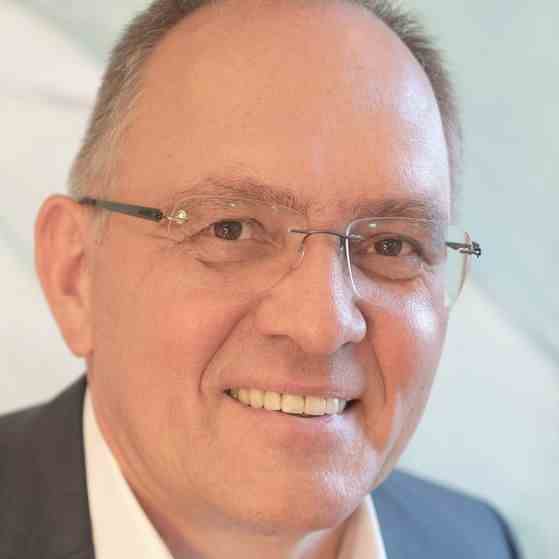Status: 05.03.2022 1:28 p.m
Russia’s war against Ukraine is dividing Serb opinion. Many are sticking to the Kremlin – just to protest against NATO. Serbia’s president is divided – also because he is dependent on Russia’s gas.
They have marched in front of the Russian embassy in Belgrade and are shouting: “Putin, Putin. Serbia and Russia, brothers forever.” It is estimated that there are just over 2,000 demonstrators, organized and incited by Serbian right-wing extremists. They wave Serbian and Russian flags, hold up pictures of Russian President Vladimir Putin and shout anti-NATO slogans. The Russians are Serbia’s brothers, they would rid Ukraine of neo-Nazis, the demonstrators echo the Kremlin’s slogans.
Serbia’s tabloids, more of the “tabs” type, have similar titles – while in many other European cities people are taking to the streets against the aggressor Russia and for Ukraine.
Serb president’s lurching course
Serbia’s President Aleksandar Vucic is ambiguous. He wants to be re-elected in early April, including by those who are marching in front of the Russian embassy. But also from the Serbs, who think differently than the right-wing extremists. Serbia is a NATO partner and EU candidate, but also has historically close ties with Russia and is also dependent on Russian gas and oil.
It therefore took Vucic a long time before he officially said anything about the Russian attack on Ukraine last Saturday. He didn’t mention Russia’s President Putin at all, nor was it enough to unequivocally condemn Russia. Vucic formulated “full support for the territorial integrity of Ukraine”, but Serbia would not participate in sanctions against Russia.
Serbia for resolution against Russia
Because sanctions are not mentioned in the text of the UN resolution against the Russian invasion of Ukraine, Serbia voted in favor of them on Wednesday. You didn’t want to be in the club of only four defenders of Russia.
In view of the Serbian elections at the beginning of April, President Vucic gave those in Serbia who advocate a tougher stance on Russia: “I’ve only been president for a few days, the elections are in a month. Then vote for those who want to introduce sanctions against Russia immediately. I’m not even talking about morality, friendship, traditions. I’m just asking you, how are you going to explain to the people that three days later Russia says – we support Serbia’s territorial integrity in the UN Security Council not?”
Protesters demand compassion for Ukraine
But there are also the others, in Serbia, like the people in Belgrade, who also gathered in front of the Russian embassy a few days ago. Around 50 activists from the “Women in Black” association protest, albeit somewhat left alone, against the Russian war of aggression in Ukraine. One of the few rallies of this kind in Serbia.
One of the activists criticized Serbia for having openly sided with Russia: “I think Serbian society needs more empathy and should show solidarity with the victims and not sympathize with the aggressors.”
Ex-Ambassador: “Serbia doesn’t cut a good figure”
Ivo Viskovic was once the Serbian ambassador in Berlin and now lives in Belgrade again as a professor emeritus of political science. To the ARD Studio Southeast Europe in Vienna he says that Serbia is not doing well at the moment: “I think that’s not exactly a glorious – or to put it bluntly, a shameful moment in our history. Because neither the Ukrainian people nor the Ukrainian leadership have Serbia “We’ve ever done anything bad,” Viskovic said. And from our side, unfortunately, at the moment it’s being rewarded with a fairly large degree of indifference towards the victims.”
However, the ex-diplomat also reminds that NATO in particular is a red rag for many in Serbia because the country was bombed by NATO in the 1999 war. Regardless of what policy it pursues, Russia, as an opponent of NATO, is supported by many in Serbia. Viskovic: “Slightly joking, but also quite serious, I call it a kind of patho-Russophilia. Or, to put it another way, a kind of sick love for Russia that isn’t based on well-founded standpoints, but is simply a kind of resistance to the West.”
Serbs could still change their minds
However, Viskovic thinks it is conceivable that as Russia’s war against Ukraine progresses, many Serbs could change their minds. Especially after the anti-war protests in Russia itself: “I think that some in Serbia have understood, especially after the protests in Russia itself, that this is about something that not even all Russians justify. And it would really be nonsense if the Serbs would be greater Russians than the Russians themselves.”


